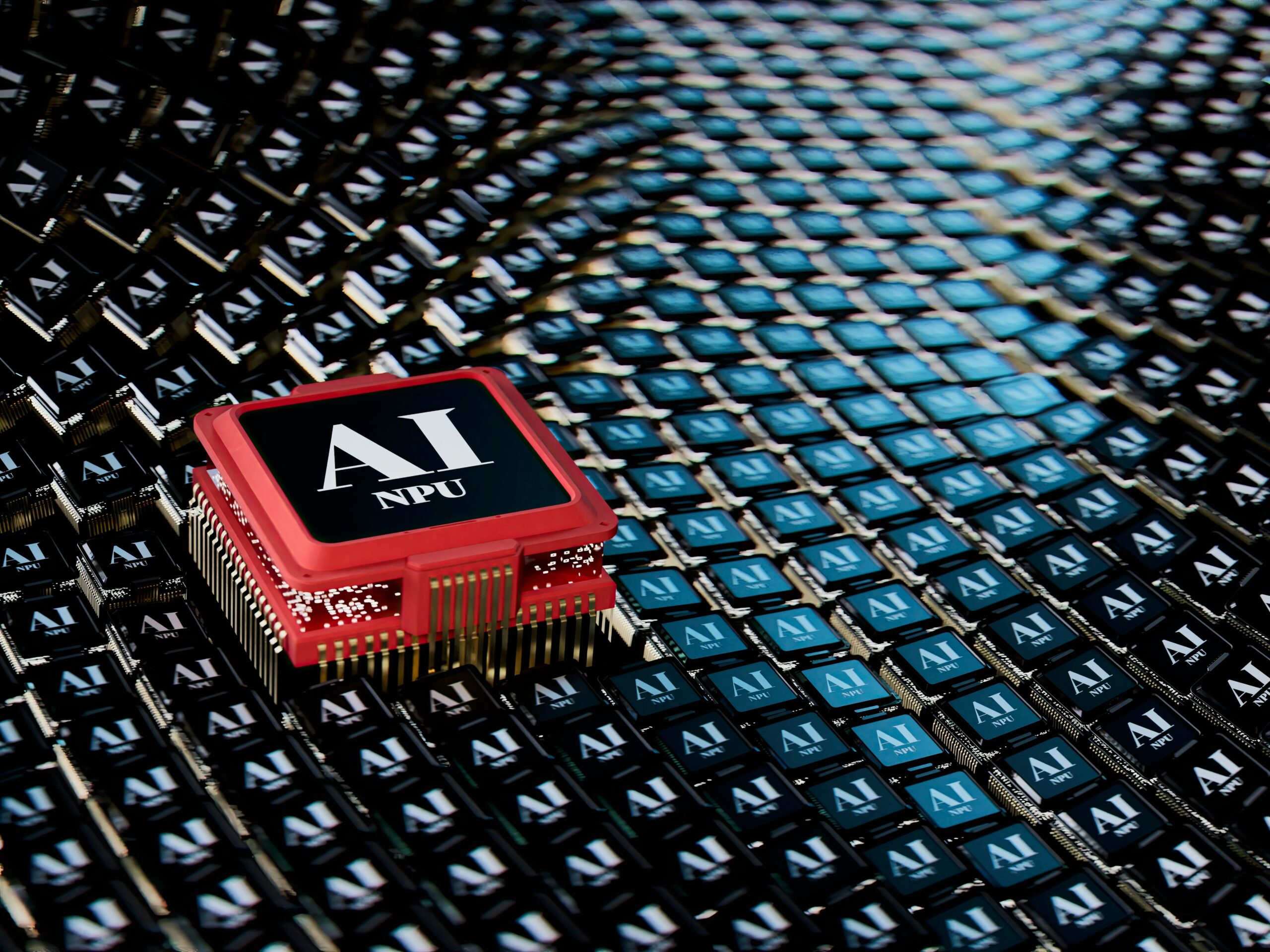On May 9, 2025, the U.S. Copyright Office released a report on how copyright laws are likely violated by artificial intelligence (“AI”) modules and training procedures. See here. For the relevant portion of the Report, see here.
The Report is considered important because there are currently dozens of pending lawsuits around the country — and internationally — between copyright holders and the tech firms that are creating and training AI programs. The report will certainly be read and referenced by the litigants and judges involved in those cases.
It is acknowledged by everyone involved that the tech companies download millions of copyrighted works — like books, magazines, newspapers, music, etc. — for the purposes of “training” an AI module/program. From this training, an AI program is then supposedly able to mimic the style of an author, a songwriter, and others as consumer/user-requested “output.” Copyright holders are arguing that this process violates their property rights related to reproduction and derivative works. As the Copyright Office’s Report states: “The Copyright Act grants copyright owners a set of exclusive rights: to reproduce, distribute, publicly perform, and publicly display their works, as well as the right to prepare derivative works.” The legal response from the AI tech firms is to argue that no infringement is occurring or that, if there is infringement, the infringement is protected by the fair use doctrine. The Copyright Office’s Report weighs in against those arguments.
First, the Report makes the case that prima facie infringement is occurring. According to the Report, this is based on three basic concepts, including:
- The AI module must reproduce — copy — all of the copyrighted materials as part of the training process — the Report emphasizes that the copying often occurs many times as the AI module “… transfer[s] them across storage mediums; convert[s] them to different formats; and creat[es] modified versions or includ[es] them in filtered subsets; this is prima facie violation of the bar against reproduction
- Some AI modules retain resident copies as part of their programming — again, a prima facie violation of the reproduction bar
- During the training process, AI modules modify the original works as part of the process of weighting and perfecting — according to the Report, these modifications create derivative works violating copyright holders’ rights with respect to derivative works
With respect to fair use, the Report rejects the arguments being made by the tech firms. As the Report states, “fair use” is a set of judge-made rules that allow for certain uses of copyrighted materials even if the use is infringement. Typically, a list of four non-exclusive factors is examined:
(1) the purpose and character of the use, including whether such use is of a commercial nature or is for nonprofit educational purposes — included in this factor is the idea that “transformative” works are “fair use”
(2) the nature of the copyrighted work
(3) the amount and substantiality of the portion used in relation to the copyrighted work as a whole and
(4) the effect of the use upon the potential market for or value of the copyrighted work
The Report rejects the tech firms’ arguments that the training procedures are “fair use.” One argument made is that everything done by the AI programs is “transformative.” This idea is soundly rejected by the Copyright Office. The Report also focused heavily on the fourth factor, suggesting that allowing AI programs to function would substantially reduce the potential market for and value of true and authentic works of authorship.
Contact the Internet Law and Copyright Attorneys at Revision Legal
For more information, contact the experienced Internet Law and Copyright Lawyers at Revision Legal. You can contact us through the form on this page or call (855) 473-8474.




